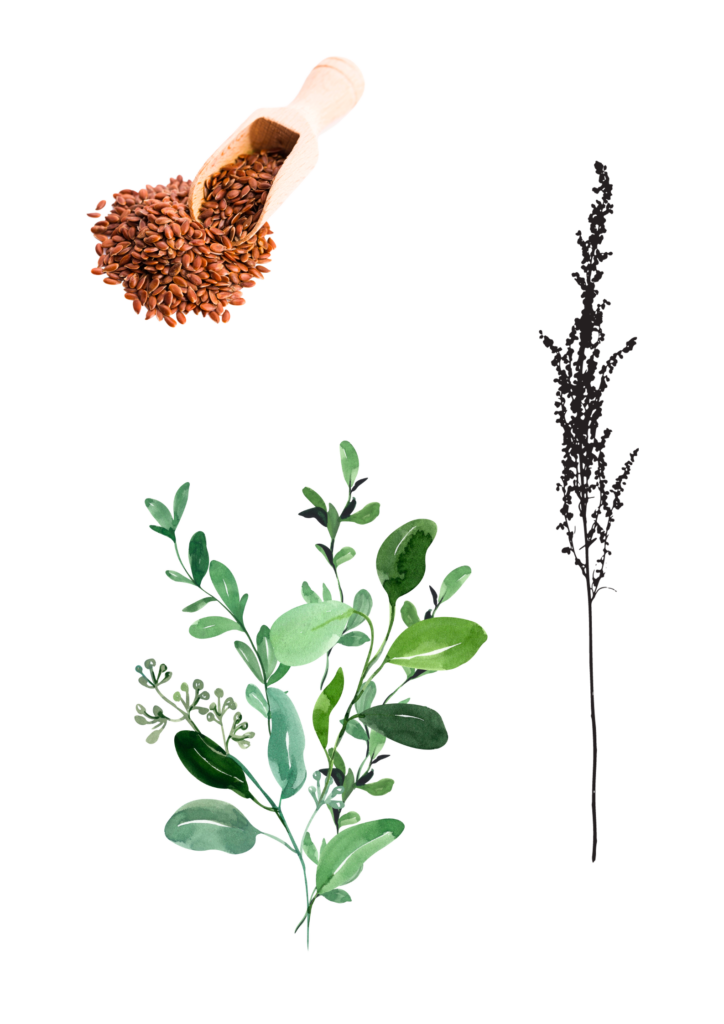Menopause is the moment in a woman's life when she stops menstruating for good. It generally occurs around the age of 50, but can vary from one woman to another. It is generally diagnosed after a full year without menstruation.
However, there are warning signs such as changes in the menstrual cycle and symptoms such as hot flushes.
Symptoms of menopause vary from woman to woman, but the most common include:
- Hot flushes: Hot flushes are sudden sensations of intense heat that generally occur in the face, neck and chest. They often occur in people going through menopause or due to hormonal imbalances, and can be accompanied by redness and sweating.
- Night sweats: Night sweats are episodes of excessive perspiration that occur during the night, often to the point of waking the person. They can be linked to a variety of causes, including hormonal changes, infections or underlying medical conditions.
- Sleep disorders: Sleep disorders encompass a range of disturbances to the sleep cycle, including insomnia, excessive sleepiness, frequent nightmares and difficulty falling asleep. They can be caused by a variety of factors, such as stress, anxiety, health problems or hormonal changes.
- Mood swings: Mood swings are characterized by frequent and sudden variations in emotional state, shifting from one emotion to another, for example from sadness to irritability or anger. They can be influenced by hormonal, psychological or environmental factors.
- Vaginal dryness: Vaginal dryness is a problem characterized by a lack of natural lubrication in the vagina. This can lead to pain and irritation during intercourse, as well as burning and discomfort. Vaginal dryness is often associated with hormonal fluctuations, particularly during the menopause.
- Weight fluctuations: Weight fluctuations refer to periodic variations in a person's body weight. This can include periods of weight gain followed by periods of weight loss, or frequent weight changes with no apparent cause. These fluctuations can be influenced by a variety of factors, such as diet, physical activity, hormonal imbalances or health problems.
How to adapt your daily routine :
There are several approaches to relieving menopausal symptoms, including:
- Lifestyle changes.
- A healthy diet.
- Physical exercise.
- Hormonal treatments.

Grandmother's remedies
Sage
Sage is known for its hormone-regulating properties. It can help reduce hot flashes and night sweats.
Black Cohosh
This plant is used to treat hormonal imbalances associated with menopause. It can help reduce hot flashes and mood swings.
Linen
Flaxseeds contain lignans, which have beneficial effects on hormones. Add ground flaxseeds to your daily diet. They can help reduce vaginal dryness.

If you're looking for an effective way to relieve the effects of menopause, including hot flashes and night sweats, consider Athana.
This innovative device uses cryotherapy to provide instant relief in just a few seconds.


